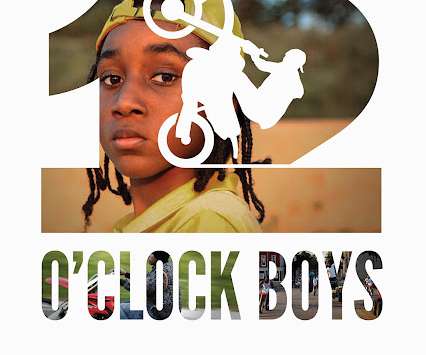Logos Remain Relevant: Source Confusion and Design Patent Infringement
Patently-O
SEPTEMBER 17, 2023
This post will focus on another key issue from the case – the relevance of logos in design patent infringement analysis. Still, ornamental logos found on the accused product can still be relevant as visual distractors in the process of evaluating similarities and differences between the claimed design and accused design.












Let's personalize your content